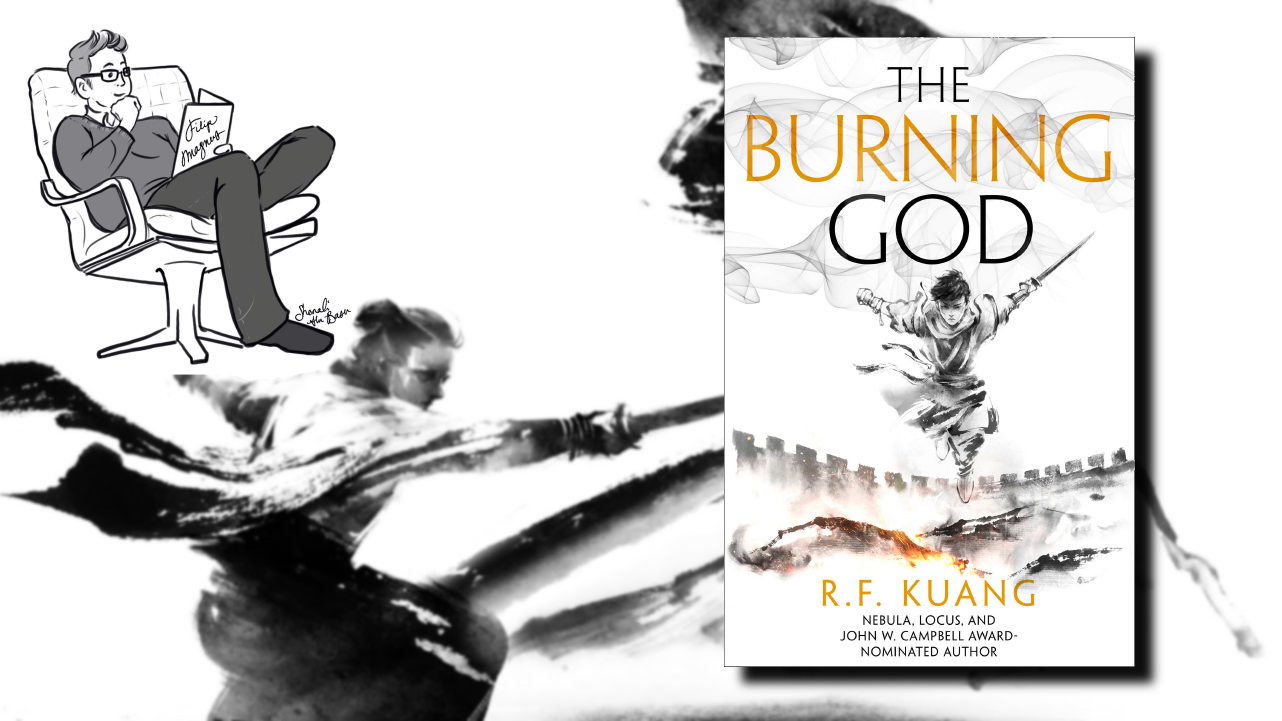

I guess I’m grateful to Ender’s Game for setting me on my creative path, but I’ll aim to write something better.ĭoes the concept of “genre” have meaning, beyond marketing? Is it important to distinguish between “literary” and “genre,” for example?Ĭan I clean up our definitions first? One sense of “genre” refers just to a category of literature, which is what I mean when I say “genre.” But we also use “genre fiction” as a shorthand for “popular fiction” (which is also a loaded term), which I think most commonly refers to things like science fiction, fantasy, thrillers, mystery novels, etc. I don’t think anyone really knows the answer. How do you separate the art from the artist? Can or should you? How do you ethically engage with works by bigoted creators as a consumer, as a reader, or as a fellow creative? I don’t know. He also has a long history of bigotry, so. I learned about writing political intrigue, massively high stakes, and zippy, clever dialogue from him. You can directly trace The Poppy War’s structure back to Ender’s Game. His work is engraved in my storytelling bones his plot twists are etched permanently in my understanding of how to write a good novel. Rowling insists on being a TERF, isn’t it? We’ve chatted before about how foundational Ender’s Game was for me, and how difficult it’s been to figure out my relationship to the book as a queer writer after learning more about Orson Scott Card’s homophobia as an adult. This is a good question to ask when we’re all grappling with what to do with our Harry Potter memorabilia now that J. What were some of the most important genre works for you when you were younger, what did you get from them, and has your view of those books changed over time? Kuang has been a finalist or received nominations for The Kitschies, BFA, Nebula, World Fantasy, and Locus awards, and has won the Crawford Award, the Compton Crook Award, and more recently, the 2020 Astounding Award. She worked on her first novel, The Poppy War, in her free time, and attended the Odyssey Writing Workshop in 2016. As an undergrad she took a year off to live in Beijing and teach debate to high school students. She studied history at Georgetown in Washington, DC.

Kuang grew up in Dallas, Texas, having moved there at age four from Guangzhou, China. She has been going through all the original issues of Batman and Spider-Man, and is an ardent fan of Alyssa Wong’s Doctor Aphra series.

When she isn’t immersed in academia, she’s into birds, making pizza dough, and comic books. She earned an MPhil in Chinese studies from Cambridge and an MSc in contemporary Chinese studies from Oxford now she’s pursuing a PhD in East Asian languages and literatures at Yale. Kuang is a Marshall Scholar and a Chinese-English translator. She wrote a book for herself as an experiment and it became a big hit.

Rebecca Kuang is one of those rare individuals who hit a home run right out of the gate.


 0 kommentar(er)
0 kommentar(er)
